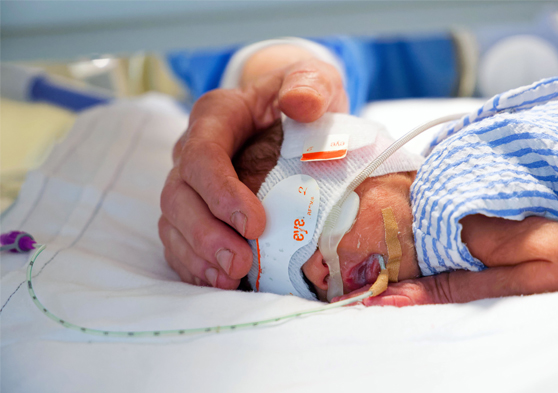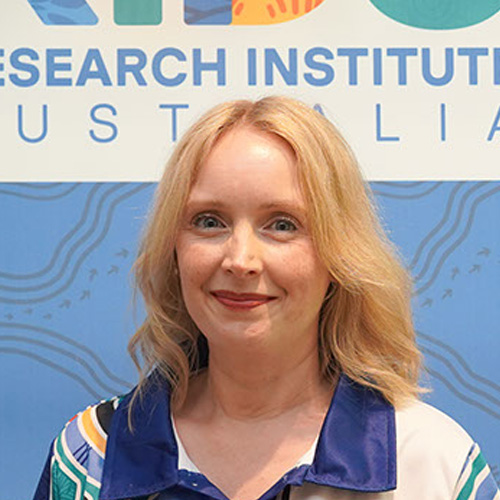Search

The CIRCA DIEM study is a multicentre, prospective, open, blinded end-point (PROBE) parallel controlled study which aims to compare long term neuro-developmental outcomes of premature babies cared for in a cycled environment to premature babies who receive routine care in a non-cycled environment.

The CIRCA DIEM Study is a multicentre study, involving several different hospital sites across Australia. Here, you can find out more about which hospitals recruit babies into the CIRCA DIEM Study.

The CIRCA DIEM Study is a clinical research study being coordinated by the Chronobiology Team at Telethon Kids Institute, who are based in Perth, Western Australia and involving research teams from around the world.

The CIRCA DIEM Study is a clinical research study being coordinated by the Chronobiology Team at The Kids Research Institute Australia, who are based in Perth, Western Australia and involving research teams from around the world.

